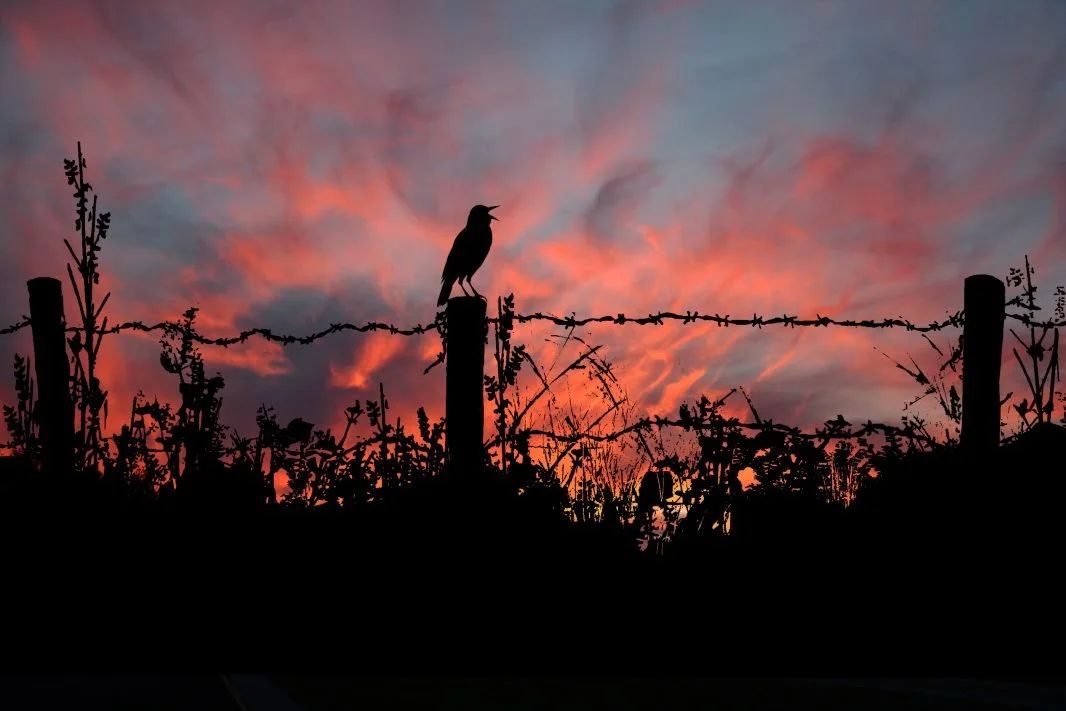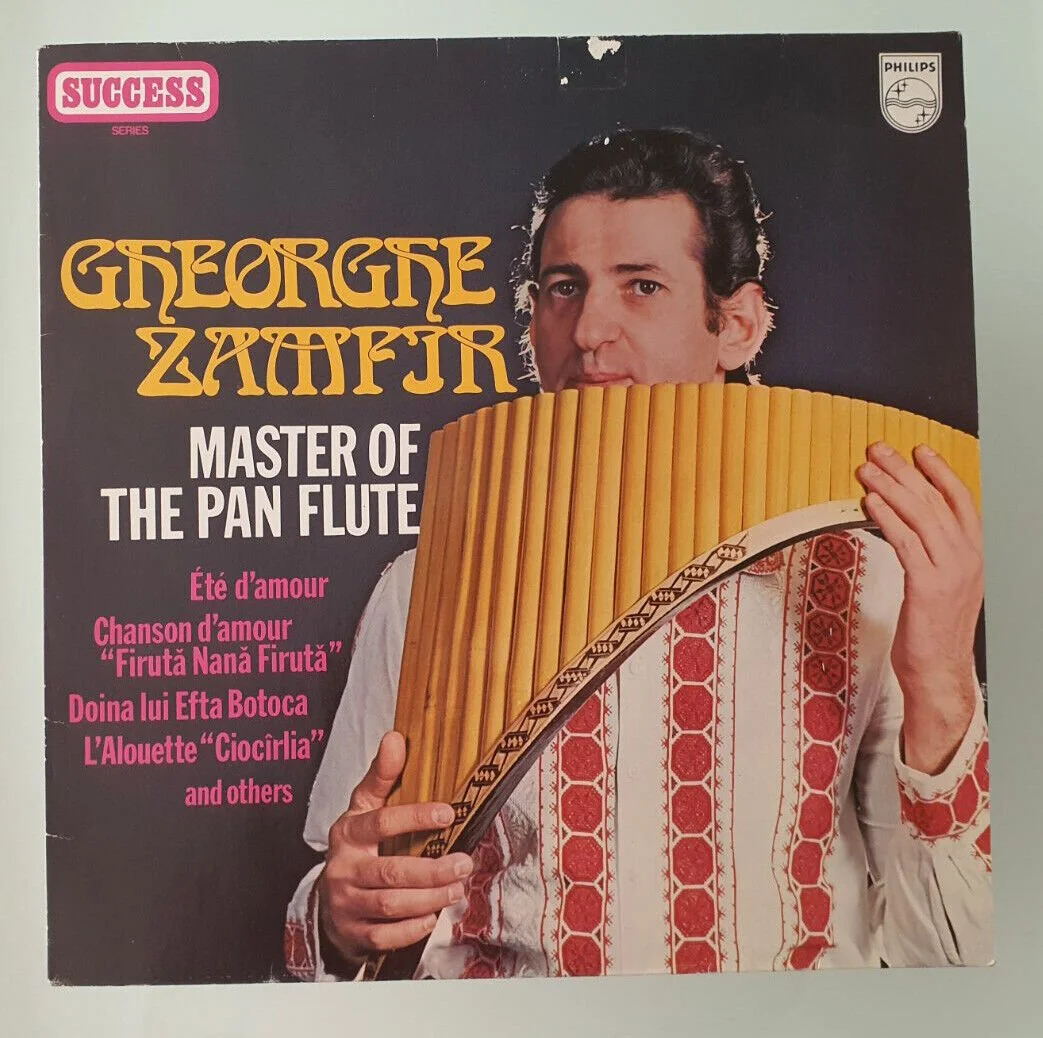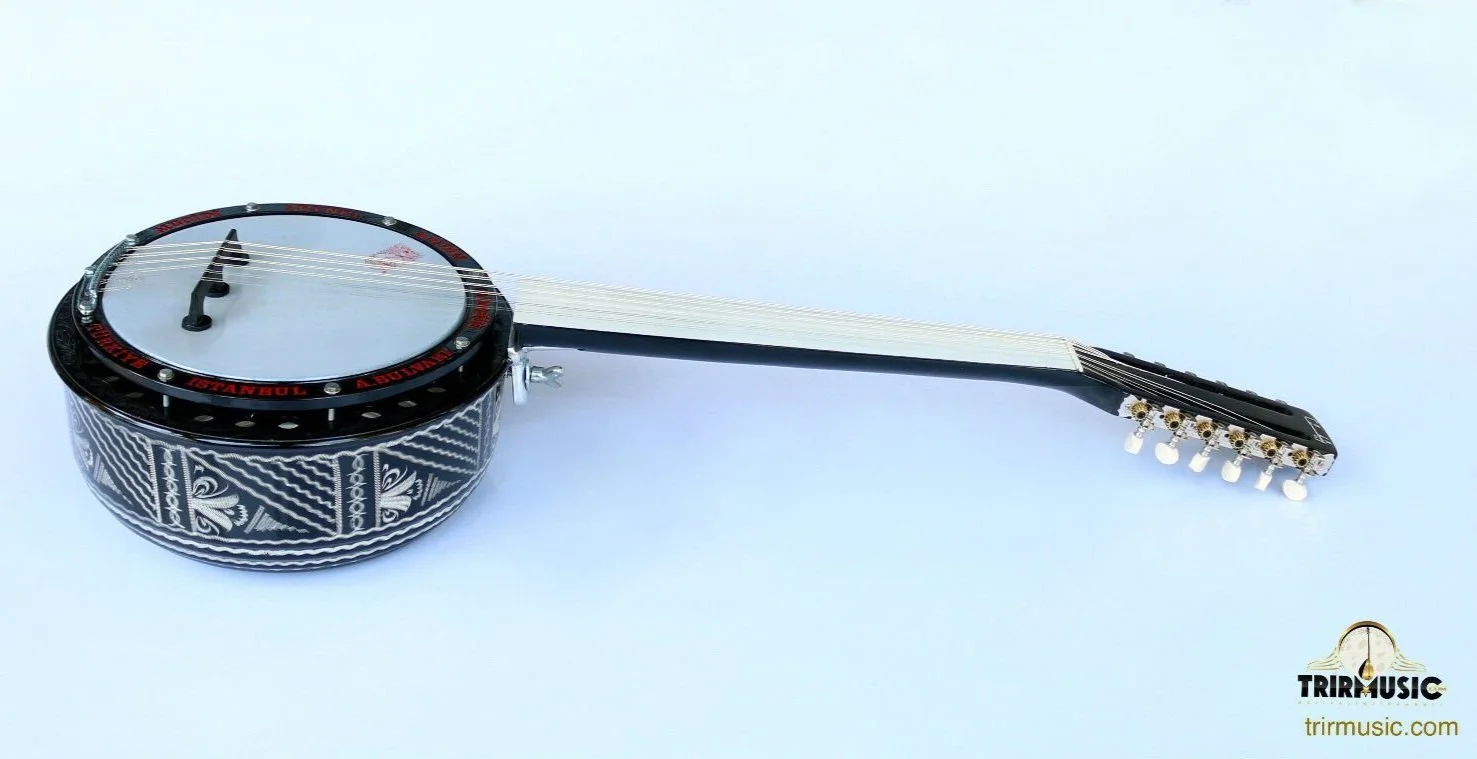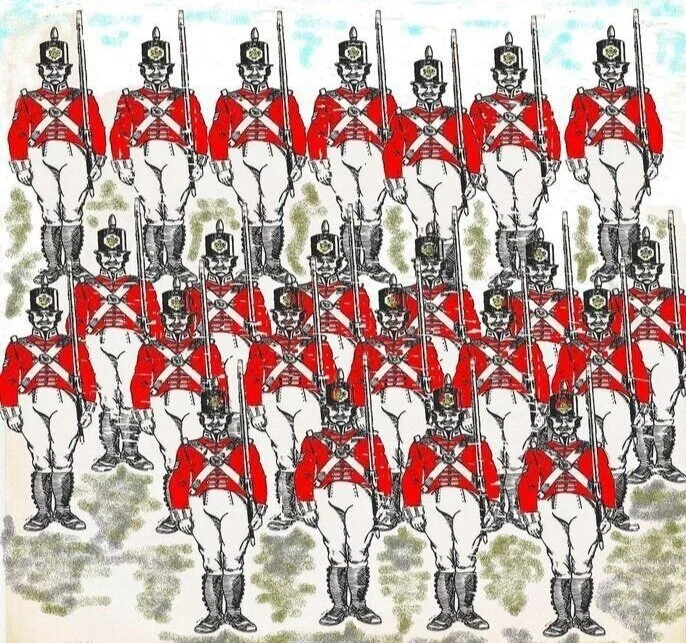Word of the week: We return to the alphabet’s end with a word that’s as wonderfully weird, yet buzzily beautifully in sound as it is obscure and obsolete – an antiquated mathematical term meaning the eighth power of a number x, where x is multiplied by itself 8 times
Read moreWord of the Week: zenzizenzizenzic
Pages 150-151 of Robert Recorde’s 1557 work The Whetstone of Witte describes the cubic term of zenzizenzizenzic




















